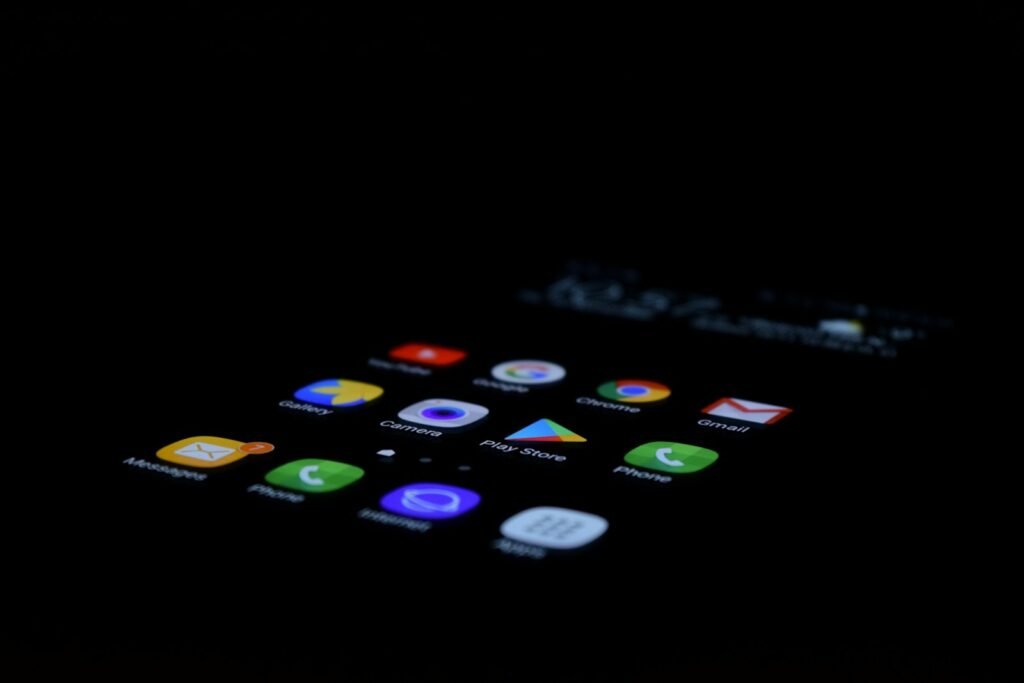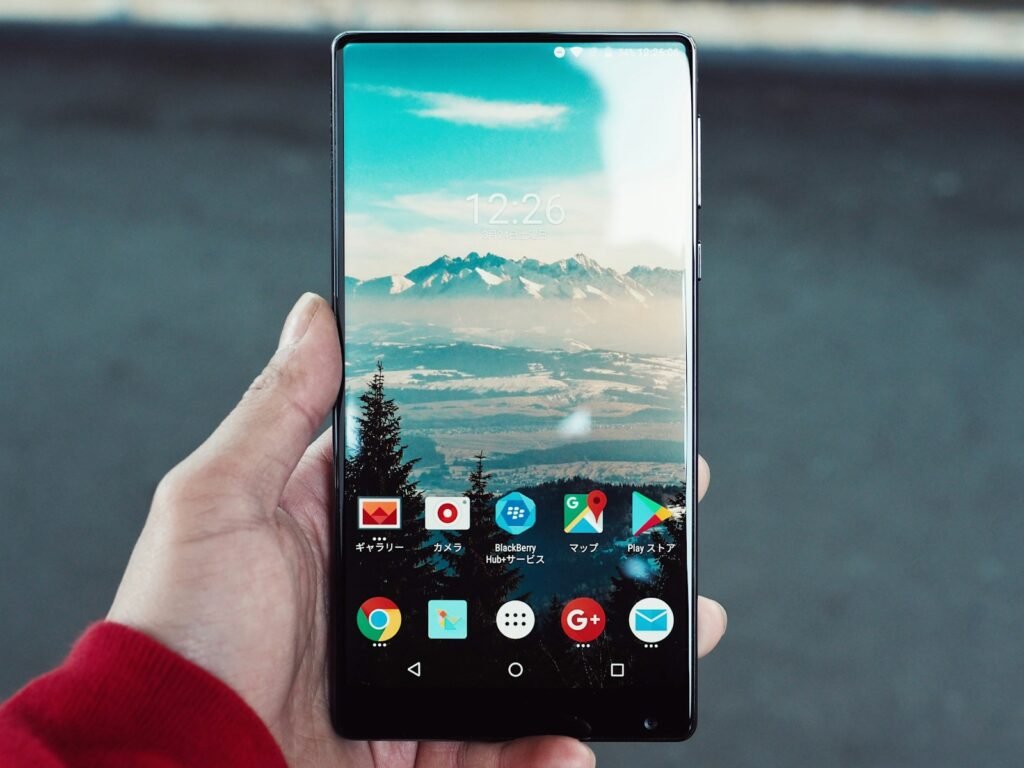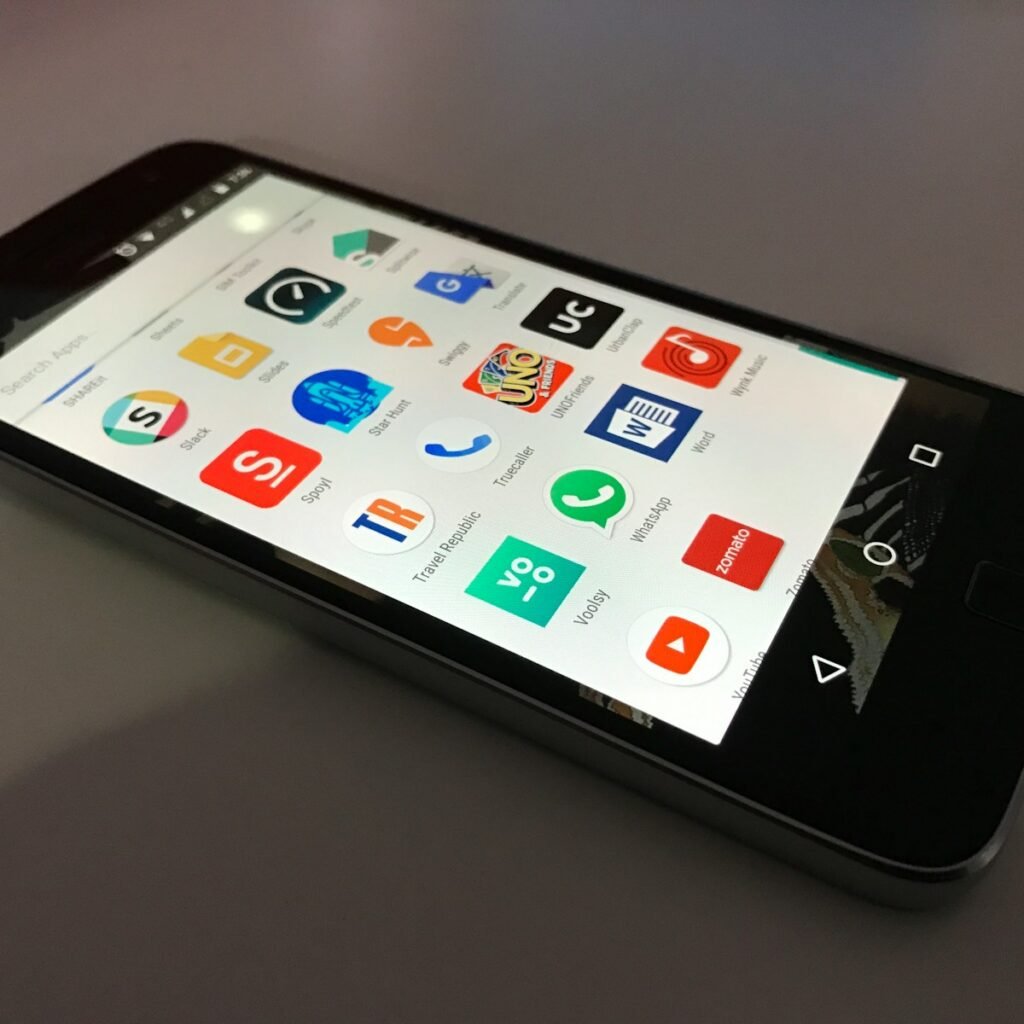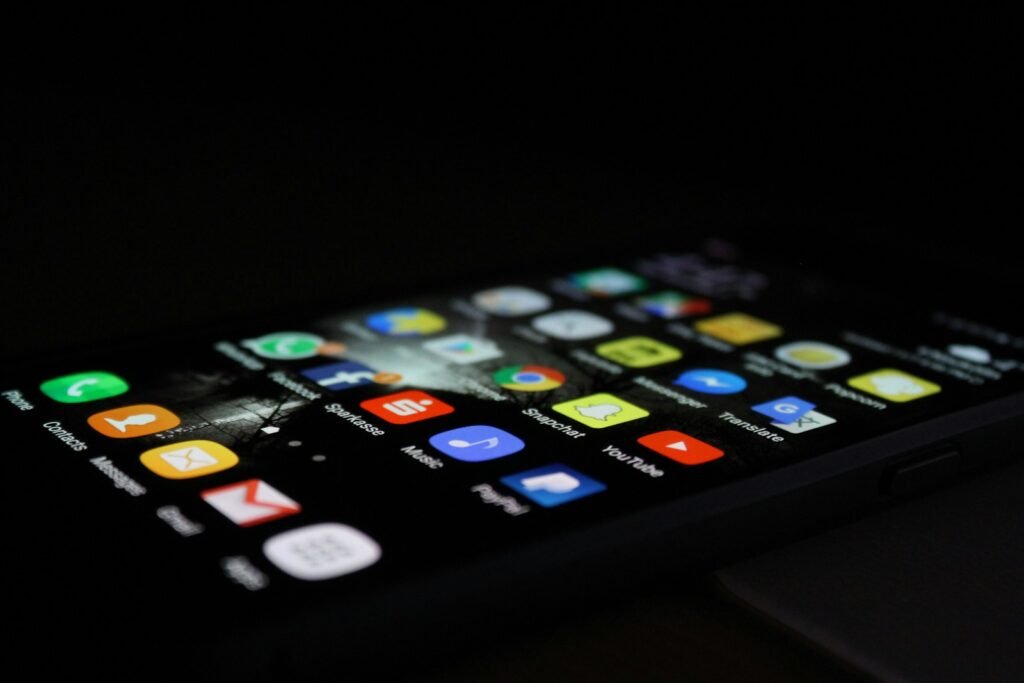5 best Key Differences You Should Know in 2025
Android vs iOS: 5 Key Differences You Should Know in 2025
When it comes to choosing a smartphone operating system, the debate between Android and iOS key has been ongoing for over a decade. As we step into 2025, these two giants continue to dominate the mobile landscape, offering unique features and experiences. Whether you’re upgrading your device or switching platforms, understanding the key differences between Android and iOS can help you make the best decision. In this article, we’ll explore five key distinctions between the two operating systems in 2025.
- Operating System Customization
Android: A Playground for Customization

Android has always been known for its flexibility, and in 2025, it remains the go-to option for users who love to personalize their devices. With Android, you can:
- Customize your home screen with widgets and shortcuts.
- Use third-party launcher apps to change the entire look and feel of your phone.
- Adjust system settings to suit your preferences, from power usage to app permissions.
- Install custom ROMs for a completely unique experience.
This level of freedom makes Android a favorite among tech enthusiasts who enjoy tinkering with their devices.
iOS: Simplicity Over Customization key
In contrast, iOS prioritizes a seamless and user-friendly experience. While Apple has made strides in allowing some degree of customization—such as introducing widgets and app icon changes—the options are still limited compared to Android. Apple’s closed ecosystem ensures that the design remains consistent, which appeals to users who prefer simplicity and ease of use.
Comparison Table: Customization Features
| Feature | Android | iOS |
| Widgets | Fully customizable | Limited customization |
| Third-party launchers | Supported | Not supported |
| System-wide themes | Available | Not available |
| Custom ROMs | Supported (advanced users) | Not supported |
- App Ecosystem and Policies
Android: A Wide-Open Ecosystem
The Google Play Store offers a vast library of apps, catering to almost every need. Additionally, Android supports third-party app stores like Amazon Appstore and Samsung Galaxy Store. Users can even sideload apps, allowing greater flexibility in accessing software.
However, this openness comes with risks. Malicious apps can sometimes slip through Google’s screening process, requiring users to exercise caution.
iOS: A Curated Experience
Apple’s App Store is known for its strict review process, ensuring that only high-quality, secure apps make it to users. While this limits app availability, it significantly reduces the risk of malware. Unlike Android, sideloading is not supported on iOS without complex workarounds, which keeps the platform more secure.
Comparison Table: App Store Features

| Feature | Android | iOS |
| App availability | Over 2.87 million apps | Over 1.96 million apps |
| Sideloading support | Yes | No |
| Third-party app stores | Supported | Not supported |
| App review strictness | Moderate | High |
- Software Updates and Support key
Android : Fragmentation Challenges
Android updates are a mixed bag. While Google Pixel devices and some premium brands offer fast updates, the majority of Android phones face delays due to manufacturer customizations. As a result, many users miss out on new features and security patches in a timely manner.
In 2025, Google is pushing initiatives like Project Treble and Android One to reduce fragmentation, but progress is slow.
iOS: Consistent Updates Across Devices

One of iOS’s biggest advantages is its uniform updates. Apple ensures that all supported devices receive updates simultaneously, whether it’s a flagship model or an older iPhone. Even devices that are five or six years old receive software updates, making iOS the better choice for long-term software support.
Pros and Cons of Software Updates
- Android:
- Pros: Variety of devices, more choice in hardware.
- Cons: Delayed updates for most devices, inconsistent support.
- iOS:
- Pros: Instant updates across all devices, longer support lifecycle.
- Cons: Limited to Apple devices.
- Hardware Choices and Availability
Android: Variety for Every Budget
Android shines when it comes to hardware options. From budget-friendly smartphones to premium foldable devices, Android offers something for everyone. Brands like Samsung, Google, and OnePlus push the boundaries with innovative designs, larger screens, and cutting-edge technology like under-display cameras and AI-assisted photography.
iOS: Premium Devices Only
Apple’s hardware lineup is limited to the iPhone series. While iPhones are known for their excellent build quality and powerful performance, they cater primarily to the premium segment. This exclusivity limits choices for users looking for budget or mid-range options.
Comparison Table: Hardware Options

| Feature | Android | iOS |
| Price range | $100–$2000+ | $699–$1999+ |
| Foldable devices | Available | Not available |
| Device variety | High | Low |
| Screen size options | Multiple | Limited |
- Security and Privacy
Android: Improved Security, User Responsibility
Android’s security has come a long way, with features like Google Play Protect and regular security updates. However, its open nature means users must remain vigilant about app permissions and downloads from unofficial sources.
iOS: Privacy by Design
Apple has positioned itself as a leader in privacy, introducing features like App Tracking Transparency and Privacy Labels. These tools give users more control over their data and reduce the risk of tracking by third-party advertisers.
Key Privacy Features in 2025

- Android:
- App permissions manager.
- Google Play Protect for malware detection.
- iOS:
- App Tracking Transparency.
- Privacy-focused design that limits data sharing.
Conclusion
When choosing between Android and iOS in 2025, the decision ultimately comes down to personal preference and priorities. Android excels in customization, hardware variety, and affordability, making it ideal for users who want more control over their devices. On the other hand, iOS offers unmatched privacy, security, and consistent software updates, appealing to those who value a seamless, premium experience.
No matter which operating system you choose, both platforms continue to innovate, ensuring a high-quality smartphone experience for users worldwide.
FAQs
- Which is better, Android or iOS in 2025?
Android is better for customization and hardware variety, while iOS is superior in privacy and software support. - Is Android or iOS more secure?
iOS is generally more secure due to Apple’s strict app policies and privacy features. - Can I customize iOS like Android?
No, iOS offers limited customization compared to Android’s extensive options. - What is the main advantage of iOS over Android?
iOS provides consistent updates and superior privacy features. - Are Android devices more affordable than iPhones?
Yes, Android offers a wider range of devices across various price points, including budget-friendly options.








